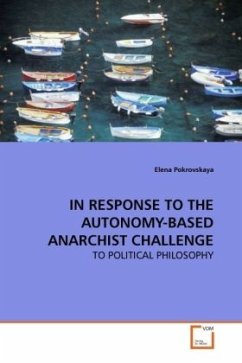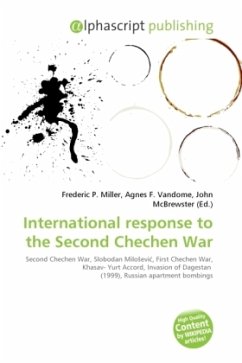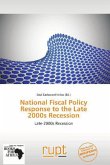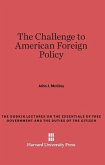This thesis on the theoretical basis of Robert Paul
Wolff s autonomy-based philosophical anarchism aims
at assessing his specific interpretation of the
concepts of individual autonomy and (political)
authority. Evaluation of the initial premises of his
view reveals inevitable problems related to the
limitations placed on the key concepts. Thus, a
plausible way to criticize Wolff s idea of the
impossibility of legitimate authority must involve
their reconsideration. Therefore, addressing the
adequate conceptions of autonomy, recognizing the
role of rationality and incorporating them within the
framework of Joseph Raz s idea of normal
justification will outline a possibility of deducting
authority and refute conflict between autonomy and
political authority asserted by Wolff.
Wolff s autonomy-based philosophical anarchism aims
at assessing his specific interpretation of the
concepts of individual autonomy and (political)
authority. Evaluation of the initial premises of his
view reveals inevitable problems related to the
limitations placed on the key concepts. Thus, a
plausible way to criticize Wolff s idea of the
impossibility of legitimate authority must involve
their reconsideration. Therefore, addressing the
adequate conceptions of autonomy, recognizing the
role of rationality and incorporating them within the
framework of Joseph Raz s idea of normal
justification will outline a possibility of deducting
authority and refute conflict between autonomy and
political authority asserted by Wolff.








